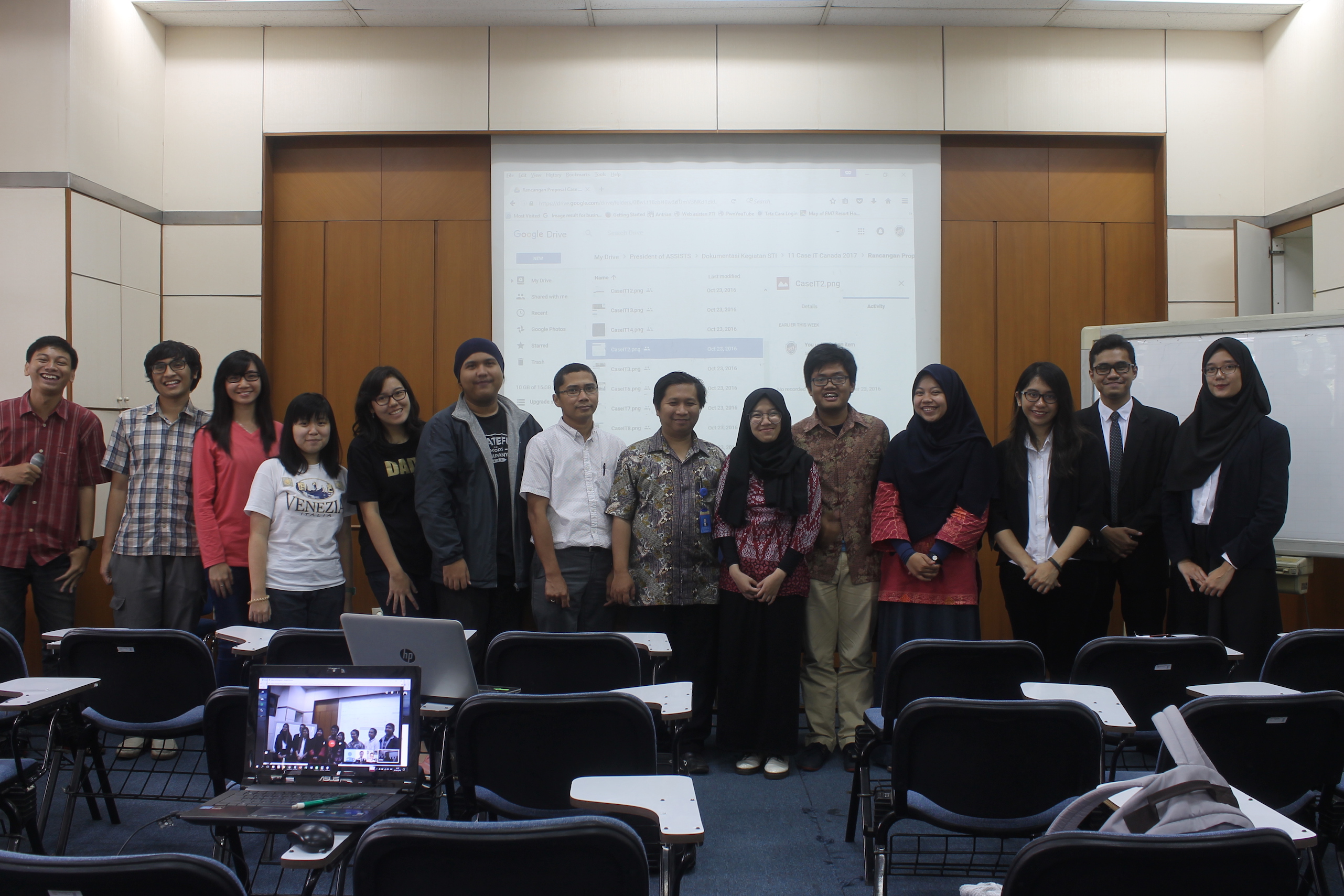Jakarta, CNBC Indonesia – The discourse on the massive early retirement of civil servants (PNS) contained in the draft revision of Law No. 5 of 2014 relating to the civil apparatus of the State (ASN) is in the spotlight. Indeed, it will change the structure of the ASN system in the country.
Inevitably, this raises discussions from various parties, including public policy experts. Many of them discussed the pros and cons of implementing this policy.
Rahadiansyah Prawiraharja, a public policy expert from Trisakti Trubus University, said there were positive and negative sides to the implementation of this policy. One of them relates to the aspect of public service.
On the positive side, the introduction of mass early retirement will provide space for efficiency in the State Revenue and Expenditure Budget (APBN). Furthermore, the ASN pension funds remain the responsibility of the State.
“If it can be done en masse, it will reduce the burden on the state budget because the assumption is that if they continue to work, until the retirement age is over, then the severance pay received will increase day by day, especially since retirement has been a burden on the state budget so far,” Trubus told CNBC Indonesia, quoted Monday (16/1/2023 ).
He continued, on the negative side, the massive early retirement policy could cripple the civil service process if the scheme used does not take into account technological capabilities and a merit-based system.
“It’s going to take us a long time to replace him, you have to go through ASN procurement first, budget process first, that’s a problem,” he said.
He admitted that he fears that during the transition period, public services will be neglected.
“It means it’s the public who is harmed, it’s like the government is no longer burdened with its state budget,” Trubus said.
Trubus suggested that the government could implement a simplification scheme for ASN organizations while maintaining rapid continuity of public services through schemes that have been implemented in other countries, such as Germany, Italy. Australia, Japan and Canada.
“They cooperate with universities, students who rank from 1 to 10 or up to 20 were recruited, trained, immediately filled with training, for example, in just 3 months, they can exploit all kinds of things related to the ‘computing,” Trubus said.
Thanks to a recruitment scheme that works with universities and no longer only in official schools, according to him, the ASNs obtained will be more professional and competent because the recruitment scheme has so far used the computer-assisted test system (CAT ).
Minister of Administrative Reform and Bureaucratic Reform (PANRB) Abdullah Azwar Anas said his party had heard wishes from the Civil State Apparatus (ASN) which tended to want to take the option of retirement anticipated.
These voices emerged with the deployment of the massive early retirement policy contained in the ASN bill.
“There are those who judge, there are those who are very productive, there are those who are less productive, there are those who say they are not productive. So a public idea appears that comes to us, but it did not reach the discussion with the DPR,” he said.
However, Anas said the mass early retirement scheme in the ASN bill did not reach the level of discussion with the DPR
“So this option really affects us a lot, including the ASNs that are available to us. It is better to take the scheme that we can invest in it. So this one has not yet been discussed,” he said. -he explains.
next article
here! Complete leak from the PNS mass early retirement scheme
(haa/haa)

“Evil pop culture fanatic. Extreme bacon geek. Food junkie. Thinker. Hipster-friendly travel nerd. Coffee buff.”







